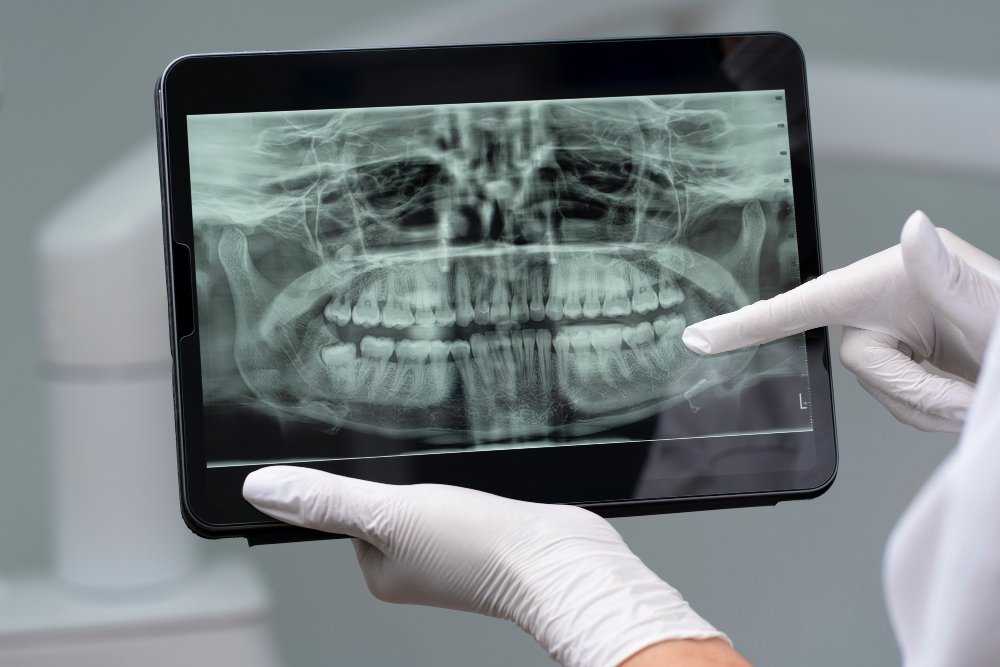
Treatment
3D CT Scan
Dental CT (Computed Tomography) Scans utilize advanced computer software to examine an X-ray examination. By delivering precise two-dimensional and three-dimensional visuals, Dental CT Scans empower your dentist to determine the optimal position for your implants and meticulously plan your surgery well in advance, ensuring pinpoint accuracy during the procedure.
How does a Dental CT Scan differ from conventional X-rays?
Great benefits from Family Dental.
Vestibulum ante ipsum primis in faucibus orci luctus et ultrices posuere cubilia Curae; Donec velit neque, auctor sit.

